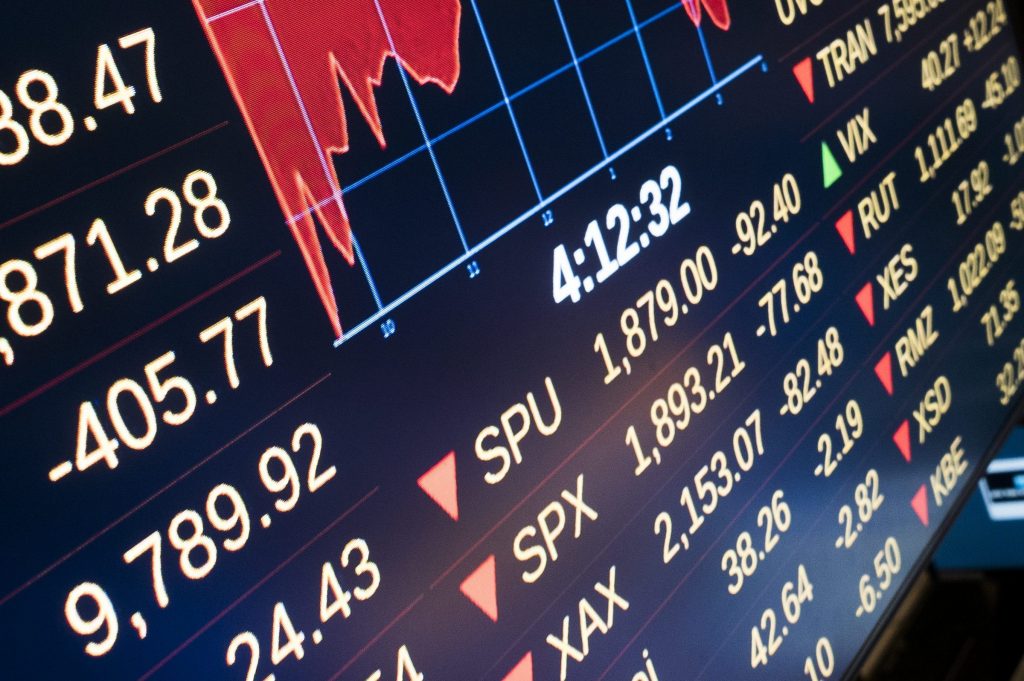Shareholders are already making out like bandits in the wake of so-called tax reform: Stock buybacks have doubled their pace compared to a year ago.

That’s an even more dramatic rate of increase than the amount of the cut in the corporate tax rate that took effect at the beginning of the year: It’s down to 21% from a previous 35%.
How Do Stock Buybacks Work?
How does a buyback work? A company actually takes some of its outstanding shares out of circulation, absorbing a portion of stock ownership that was previously distributed among investors.
This has the effect of driving up the price of the remaining shares outstanding — which is companies’ motivation for doing stock buybacks.
Not surprisingly, JPMorganChase has estimated that stock buybacks will reach $800 billion for all of 2018, a 51% increase over 2017 and a new record.
Offsetting Stocks’ Slide
The flurry of stock buybacks have aimed to offset investors pulling out of equities amid recent volatility. In fact, the share repurchases appear to have pulled the markets out of a bigger slide than what otherwise would have happened.
Apparently, some $23.5 billion has moved out of funds that focus on U.S. stocks since the beginning of the year, according to Bank of America Merrill Lynch.
Although the increased share buybacks seem to prove exactly what opponents of the tax cut have argued — that the proceeds would go toward shareholders more than hiring and other capital investments — CNBC has reported that such spending rose 6.6% in the final quarter of 2017.
This included an 11.8% gain in equipment investments, the largest such rise in over three years. However, the share buybacks have been much more dramatically elevated by comparison, especially during the peak of earnings season in February.
Should You Buy More Stock Too?
While learning about the rise in stock buybacks can certainly fuel tempers about how the recent tax cut benefits the haves rather than the have-nots, another course of action might make more sense than simply getting angry: Buy more stock and you may get in on the upside. Then again, some might argue that it’s almost too late to buy shares now, as it would effectively mean buying at a high.
Readers, what are your concerns about the broader economic effects of the new tax law? Have you been able to participate in any of the stock market upside?
Jackie Cohen is an award winning financial journalist turned turned financial advisor obsessed with climate change risk, data and business. Jackie holds a B.A. Degree from Macalester College and an M.A. in English from Claremont Graduate University.